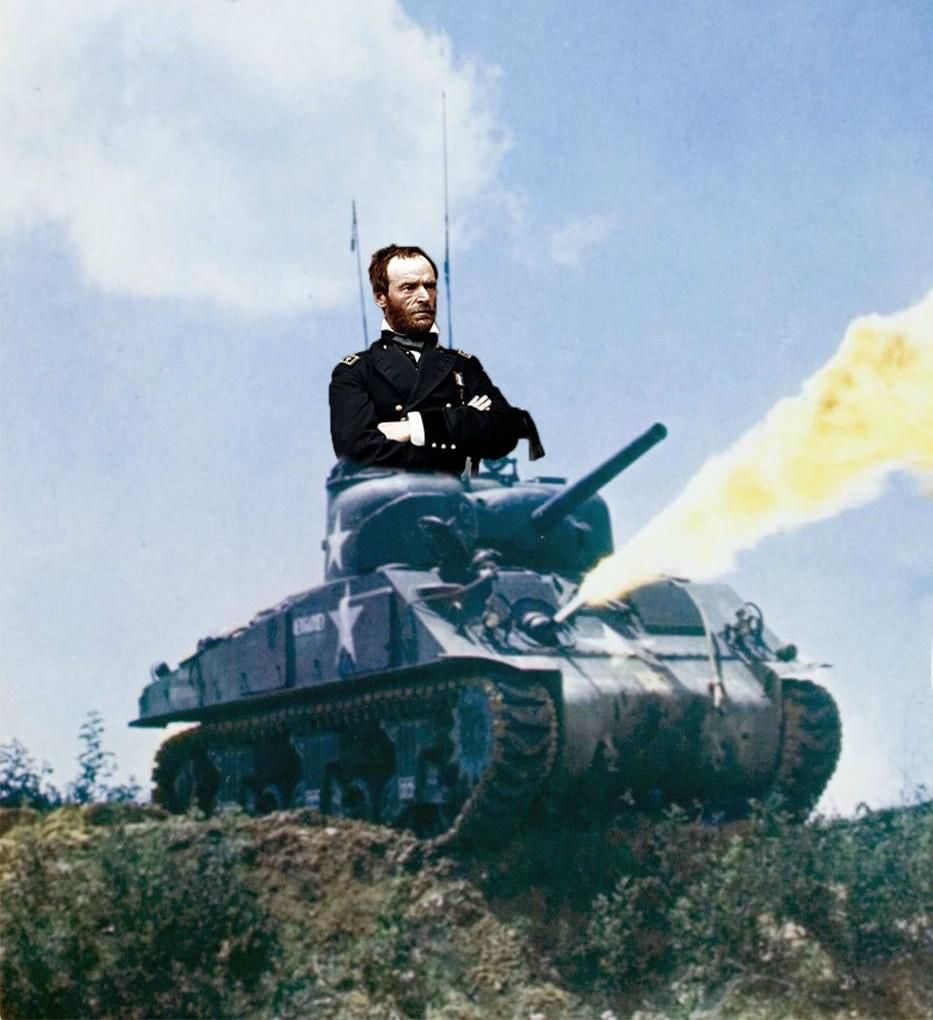Demand goes up but not production. Adding UBI doesn’t increase the amount of wood harvested, or bricks produced or construction workers. In fact some construction workers may quit and go on UBI, lowering the production.
If demand goes up without production increasing, and thus supply, prices go up. This is part of the reason for the latest round of inflation, demand shot up after the pandemic but production was still at pandemic levels and yet to ramp back up.
Production in a lot of other places can ramp up relatively quickly to match demand if the infrastructure is built out already. In housing though production in general is slow and also slow to ramp up. It can take 2-3 years to build a house, and housing production takes years to increase. That’s part of the reason housing is still so high right now, housing production plummeted after 2008 and we haven’t gotten back to that even though prices and demand has skyrocketed.
All this is to say if UBI goes in it’ll take years for the supply to increase, I think they’re estimating housing production won’t get up to match the current new high prices now until 2030. Meanwhile your landlord is increasing your rent as soon as you renew, and rents don’t tend to ever go down after they’re set. This is if new housing can be built at all, a lot of places in America are zoned for single family housing and all the land is taken so no new housing can be built, housing production is limited by desirable and developable land and that just doesnt exist in a lot of places.
This is all if you don’t increase production, which the government can do, but they don’t right now and they definitely won’t if UBI comes in and replaces section 8 and all other welfare. If you do a universal jobs program though you can use those people to build affordable and public housing.








Wow we’re just going to allow blatant antisemitism on here /s